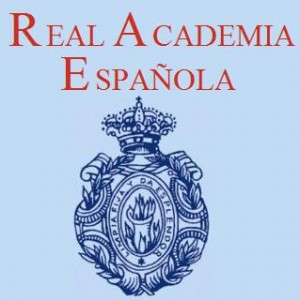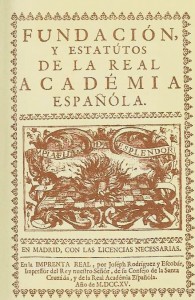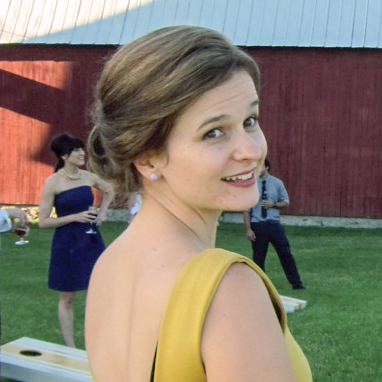RAE: Choosing the Spanish Language
Posted on November 21st, 2013 by Samuel Max in Uncategorized | No Comments »
Ever wonder how words get selected for the dictionary? In English we have Oxford, Collins, Longman and Merriam-Webster dictionaries; in Spain there’s the Real Academia Española, or Royal Spanish Academy.
Established in 1713 in Madrid, Spain, and modeled after the Italian Accademia della Crusca and French Académia française. The academy has the motto “Limpia, fija y da esplendor,” meaning ‘it cleans, sets, and casts splendor,’ it set out with the mission to fix the voices and vocabularies of the Castilian language with propriety, elegance, and purity.”
 At the beginning the academy was headed by Juan Manuel María de la Aurora, a Spanish aristocrat, politician and academician. Today, the academy is headed by José Manuel Blecua, taking office in 2006 and already seeing through some big changes.
At the beginning the academy was headed by Juan Manuel María de la Aurora, a Spanish aristocrat, politician and academician. Today, the academy is headed by José Manuel Blecua, taking office in 2006 and already seeing through some big changes.
One such change was to eliminate the “ch” and “ll” from the Spanish alphabet. While this does not seem to have any great effect on Spanish and the way it is spoken, as the sounds will remain present in the language and continue to have unique pronunciations; there has been a backlash, with people criticizing the simplification. An editorial from a Mexican newspaper had a bone to pick with the academy, asking “would the United States accept dictates from England over the use of English?” Another believes the changes to be money oriented, as “all the dictionaries will have to be remade, which is good for selling the Royal Academy’s dictionary, which they keep producing as though it’s the Bible.”
The RAE has also come under fire from many Spanish speakers in the Americas for being too conservative and favoring Spanish from Spain, not taking into account, or being very slow in taking notice of the dialects and changes in Spanish from the many Spanish speaking countries in the Americas. The response from supporters of RAE is that it is there to protect the Castilian Spanish and prevent the dilution of other dialects.
Something that seems to contrast this idea of the academy being too conservative, is the rumor that they are considering adding three new words to the dictionary; these new terms are “goglear,” “tuitear,” and “guasapear,” which translate to Google, tweet and WhatsApp, respectively. How’s that for being up to date?
Whichever side you look at the argument from, it’s fairly understandable that the Academy will continue to run into problems of this nature, when you consider it’s charged with maintaining a language of 450 million speakers in many countries with many different local words and uses, that spells trouble for anyone.
Which side do you agree with? Do you own a Royal Spanish Academy dictionary?





